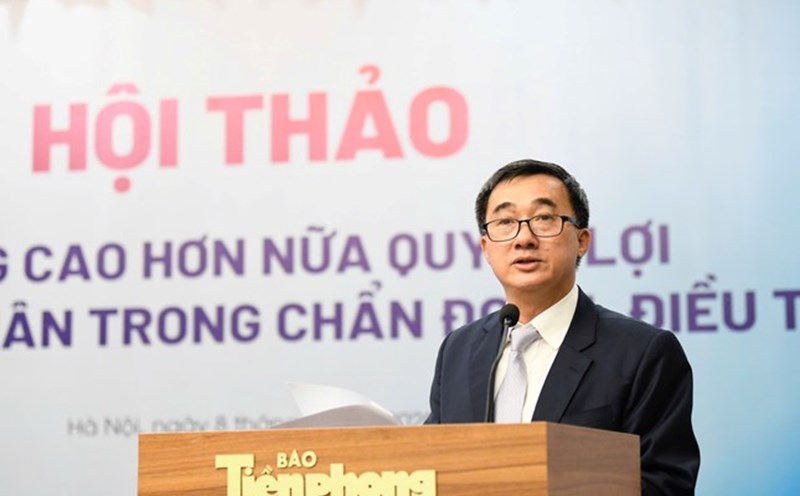On May 7, Slovakia and Hungary expressed their opposition to the European Commission's plan to phase out Russian gas and other imported energy sources.
Slovakian Prime Minister Robert Fico said he appreciated efforts to reduce energy dependence on third countries, but the European Commission's proposal would harm the EU, increase energy prices in the bloc and reduce the bloc's competitiveness.
"This is simply an economic suicide when it reaches the point where gas, nuclear energy or oil must stop just because a new iron curtain is being erected between the Western world and possibly Russia and a number of other countries," Fico said.
Prime Minister Fico said that Slovakia will promote changes to the EU's legislative process in implementing policies to remove Russian energy from the bloc's market.
The Slovakian SPP gas importer issued a statement noting that the EU's measures could "have a significant negative impact on the competitiveness of the European Union business sector".
Hungarian Foreign Minister Peter Szijjarto also shared on May 7 that the EU's plan for Russia's energy is "un Acceptable" and Budapest will "take the strongest possible measures" to protest the plan.
We will fight and protest this decision, said Minister Szijjarto.
The European Commission's legal proposals due in June need to be approved by the European Parliament and the majority of member states. This means that 1 or 2 member states cannot block the plan.
Slovakia and Hungary receive Russian gas and oil supplies. The two EU countries have spoken out against Ukraine's suspension of Russian gas transit through its territory.
About 19,9% of Europe's gas still comes from Russia via the TurkStream pipeline and LNG plots, down from about 45% before 2022.
Slovakia said 10 of the 27 EU members imported Russian gas last year.
The EU imposed sanctions on most of Russia's oil imports into the bloc but did not apply them to gas due to opposition from Slovakia and Hungary.
The EU regulatory agency announced on June 6 a proposal for legal measures in June to gradually eliminate Russian gas and LNG imports into the EU by the end of 2027.
The EU plan also mentions oil and trade measures targeting uranium that have enriched to serve Russia's nuclear energy needs. These measures could be equivalent to taxing imports into the EU.
The moves are part of the EU's commitment to end decades-long energy ties with Russia - the bloc's top gas supplier before the conflict broke out in Ukraine.











